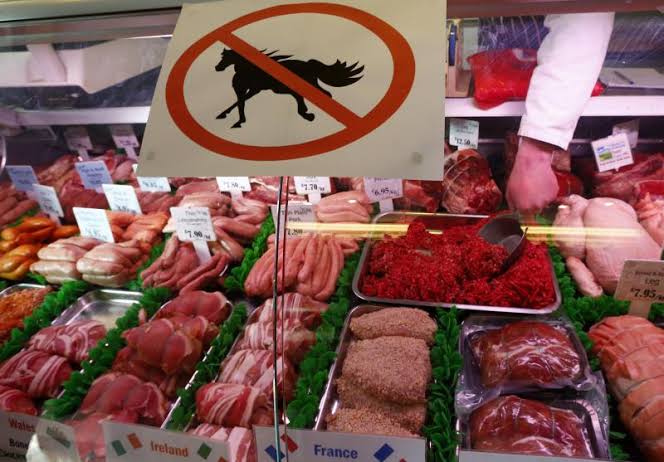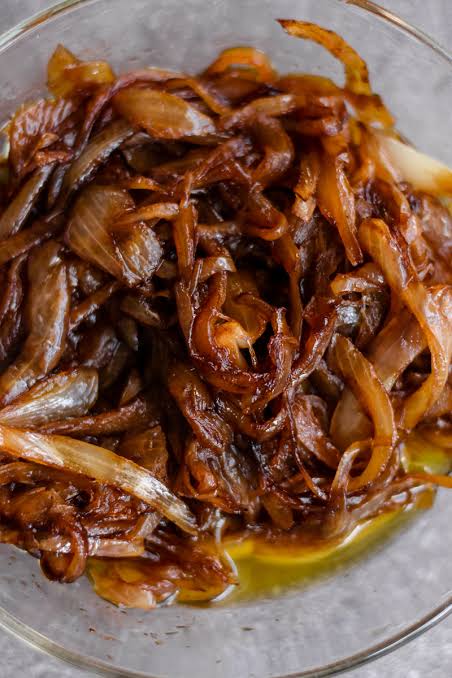When it comes to grilling, there are a seemingly endless array of options available to choose from. From the trusty charcoal grill, to the modern electric grill, making the decision on the best grill for your personal needs can seem daunting. Often times, when a grill needs to be replaced, the question arises of whether or not replacing a worn-out propane grill with a pellet grill is the right call. In order to make an educated decision on the matter it is important to consider the pros and cons of both options.
Should you replace a worn out propane grill with a pellet grill? (pros and cons)
The main differences between a propane and a pellet grill are the cost and fuel source. Propane grills are relatively inexpensive when compared to pellet grills, and, as the name implies, the primary fuel source for a propane grill is liquid propane fuel. Pellet grills, however, are a bit more costly when compared to propane models, and are powered by compressed sawdust pellets which are lit like charcoal.
Propane grills are a great choice for those who want an easy to use and easy to maintain outdoor cooking option. Propane grills heat up quickly and do not require the same attention that most charcoal or pellet grills do. All that is needed to get a propane grill going is to turn on the fuel and ignite the burner; you are then ready to cook. As long as you remember to keep the tank full, propane grills are likely to last you for a very long time.
Pellet grills, on the other hand, require a bit more attention when compared to propane grills. Pellet grills are built with augers which are responsible for loading the fuel into the firebox. In order to get the pellet grill going, the user must first light the firebox and then adjust the auger to ensure that it is evenly spreading the pellets. This typically requires frequent adjusting, as the fire may start burning more intensely if too many pellets are added too quickly. Fortunately, pellet grills have built-in temperature gauges which make it much easier to adjust the heat as it is burning. Furthermore, once the pellet grill is lit, it will typically stay hot for a fairly long period of time, making it great for slower cooked meats.
Though both propane and pellet grills are effective outdoor cooking solutions, the simple answer when asking if you should replace a worn-out propane grill with a pellet grill is, it depends. If you are someone who has a limited budget but is looking for an easy-to-use, reliable grilling solution then a propane grill would likely serve your needs the best. On the other hand, if you are looking for more features and are willing to invest a bit more time in getting the most out of your cooking experience, then a pellet grill would be a more suitable option. You may also find that you get the best of both worlds by purchasing a combination grill, which is usually a combination of a gas and a pellet grill. These hybrid grills can provide the ease of use associated with a traditional propane grill while still allowing the user to experience the improved flavor and texture of slow cooked food.
Are pellet grills healthier than propane grills?
No. Propane grills tend to be less expensive than pellet grills, and overall, there’s more flexibility with propane gas. However, there are a few advantages to cooking with a pellet grill. One key benefit is the even temperature that the pellets produce, allowing for more flavorful and juicy meals. Pellet grills also tend to reduce flare ups and smoke, which can make them healthier for cooking. In terms of cleanliness, pellet grills are the clear winner, since the pellets themselves are easier to clean than open flames. Ultimately, it’s up to the individual consumer to decide which grill is best for their situation.
Can I use a pellet grill like a gas grill?
Yes, you can use a pellet grill like a gas grill, though it is important to note that the cooking styles, temperatures, and methods of grilling will differ. Pellet grills are also generally more versatile than gas grills as they can be used to smoke and slow cook as well. When using a pellet grill like a gas grill, you’ll need to bring your cooking temperature up and down so that you don’t exceed the temperature range that would damage your food. To do this, you’ll likely want to start by preheating the pellet grill like you would a gas grill and then using digital temperature controllers to adjust the temperature accordingly. Make sure you’re monitoring the grill’s temperature, to avoid burning food. Experimenting with various temperatures and techniques can also allow you to use the pellet grill like an oven for roasting, baking, and hot-smoking.
What does it mean when a propane grill has a low flame?
When a propane grill has a low flame, it means that the burner is not being supplied with enough propane to reach its full flame potential. This could be caused by one of several things, including a clogged burner port, a low gas pressure in the tank, an obstruction inside the grill counter that is blocking the flame, or even an incorrectly sized burner orifice. Low flames can make it difficult to cook food evenly and cause the food to take much longer to cook. If you are having issues with your propane grill having a low flame, you should first check the gas pressure in the tank or troubleshoot for any potential obstructions to the flame. If you find none, you may have to replace the burner orifice.
Related posts:
Is Beef Tenderloin Considered a Cheat Meal? (quick read)
Propane or electric camp stove/hot plate? (quick read)
Should you replace a worn out propane grill with a pellet grill? – Conclusion
In conclusion, when considering whether or not you should replace a worn-out propane grill with a pellet grill, you should consider the cost, fuel source, and features you are looking for when deciding on the best option. Ultimately, the best course of action is to familiarize yourself with the differences between the two types of grills prior to making a decision. When you have a clear understanding of the benefits and drawbacks associated with each, you will be better equipped to make the best decision for your individual needs.



